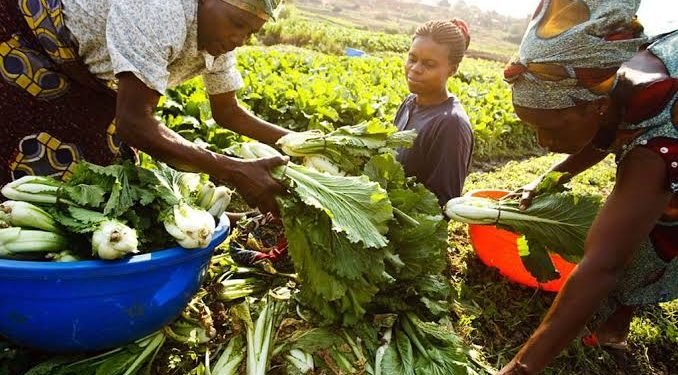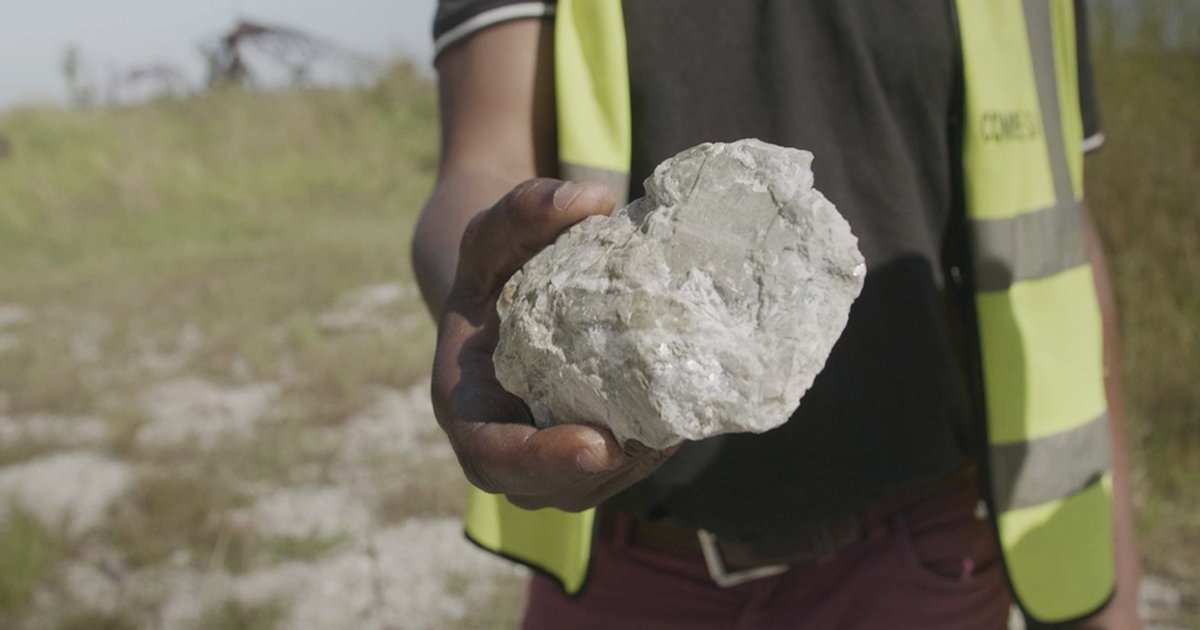The Federal Government of Nigeria says the days of “briefcase farmers” pocketing agricultural incentives without planting a single seed are over.
Minister of State for Agriculture and Food Security, Senator Aliyu Abdullahi, made the declaration in Kaduna during a technical session of the Government-Citizen Engagement Forum hosted by the Sir Ahmadu Bello Memorial Foundation.
“We are ensuring that only genuine farmers benefit from government programmes. No more briefcase farmers,” he said.
Data Audit, Mechanisation, and Wheat Boom
The Tinubu administration has launched a nationwide farmer data audit and registry to weed out impostors and ensure targeted support. The move comes amid a lingering food crisis and rising inflation.
Under the Agro-Pocket initiative, over 133,000 hectares of wheat have been cultivated across 15 northern states—surpassing the initial 130,000-hectare target. Jigawa alone contributed more than 50,000 hectares.
The government also plans to support 44,500 rice farmers nationwide, backed by an improved extension service system. The current ratio of one extension agent to 25,000 farmers is being addressed.
To modernise farming, President Tinubu commissioned 2,000 Belarusian tractors and 9,000 implements. These will be distributed through direct sales, leasing schemes, and community service centres.
“Our approach is strategic and modern. These interventions are not cosmetic; they are geared towards making agriculture competitive and attractive again,” Abdullahi said.
Agro Zones, Seeds, and Livestock Plans
Special Agro-Processing Zones (SAPZs) are being developed to improve market access and value addition. Nigeria has committed $538 million to the first phase of the SAPZ programme, which has already created over 785,000 jobs.
Research institutes have released improved seed varieties of maize, rice, cassava, and tomato—resistant to the deadly “tomato ebola” disease.
In the livestock sector, the government is building grazing reserves, livestock villages, and transit shelters. A national dairy policy is also underway.
Three dam projects—Nwabi Yashin, Nwape, and Amla—have been completed, unlocking 2,700 hectares for irrigation. Plans are in motion to concession mini-hydro dams for off-grid power.
“This is not just about responding to today’s needs. We are laying the foundation for future resilience—reclaiming university farmlands, training youths and women, and reforming agricultural governance structures,” Abdullahi said.
He asked northern leaders to confront those sabotaging reforms. “We must discredit such people. The time to act is now,” he added.
Rate, Like 👍, Comment💬, share this article, Follow us on our social media handles, and Submit your own story to get featured and earn rewards!







